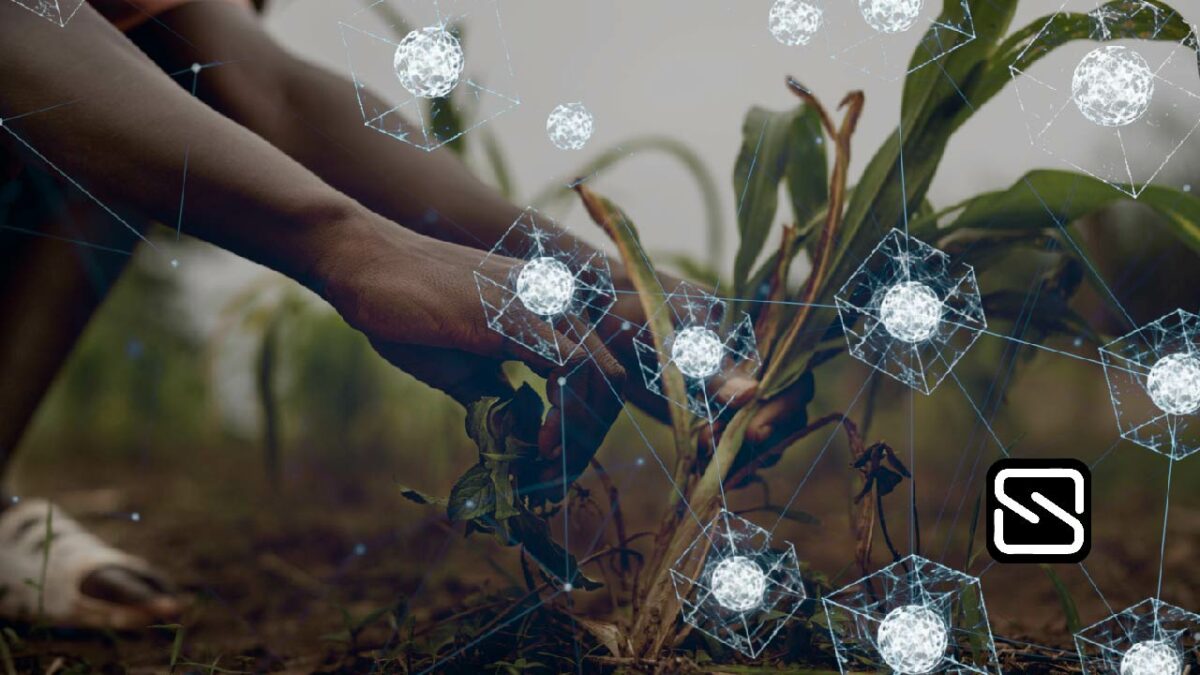Lemonade Crypto Climate Coalition, a Decentralized Autonomous Organization (DAO) launched by the Lemonade Foundation, will provide subsistence farmers and livestock keepers with inexpensive parametric climate and weather insurance.
Rainfall and wind are examples of trigger events for parametric insurance.
Key collaborators in the stable coin-denominated, decentralized, and climate-conscious application on Avalanche include Avalanche, Chainlink, DAOstack, Etherisc, Hanover Re, Pula, and Tomorrow.io.
“By using a DAO instead of a traditional insurance company, smart contracts instead of insurance policies, and oracles instead of claims professionals, we expect to harness the communal and decentralized aspects of the web3 and real-time weather data to deliver affordable and instantaneous climate insurance to the people who need it most,” says Daniel Schreiber, Director at the Lemonade Foundation.
In Africa, there are over 300 million farmers, the majority of whom rely on their crops for survival, and for whom climate change poses a serious threat.
Traditional insurance is typically too expensive when it is offered, according to Rose Goslinga, co-founder of Kenyan Insurtech business Pula. “This is where the Lemonade Crypto Climate Coalition’s strength comes in,” she explains.
Farmers can buy insurance with stablecoins or local money on a mobile device, and insurance payouts will be made in the same way.
Farmers and Lemonade are protected from the hazards associated with crypto’s unpredictability by using stablecoins instead of other cryptocurrencies.
How DAOs can be used?
A smart contract, a piece of code that sits on a blockchain and does particular actions when certain criteria are satisfied, is at the heart of a decentralized autonomous organization.
A simple example would be, “Pay person X $100 when the temperature exceeds ninety degrees,” or “if person A contributes ten DOGE, pay him 4 ETH.”
As with Lemonade, more elaborate smart contracts can include the terms of an insurance policy that determines under what circumstances an insurance claim is paid out.
Business rules, triggers, and cashflows can be encoded in the smart contract, and it can be structured to perform functions similar to those of a special purpose vehicle.
Lemonade’s DAO will use special bits of code called oracles to determine when weather conditions qualify farmers for a payout.
Oracles provide outside data to the blockchain, such as rain forecasts, which the DAO then uses to decide whether or not to pay the farmer. The payout is carried out automatically, without the need for human interaction.
The oracle must deliver accurate data to the smart contract; otherwise, the insurance contract will operate incorrectly. The company Chainlink specializes in oracles.
“The Lemonade Crypto Climate Coalition is a prime example of how innovative solutions built on the blockchain can drive global financial inclusion previously unavailable,” says Sergey Nazarov, co-founder of Chainlink.
The objective is to use their resources to protect a large number of farmers whose livelihoods are dependent on what they plant against a variety of bad climate conditions.
